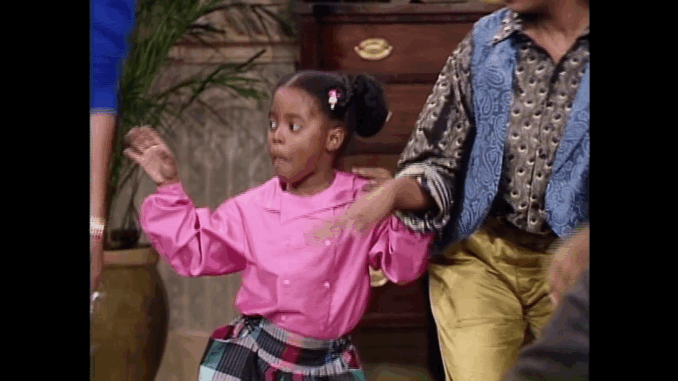
When The Cosby Show first aired in 1984, it wasn’t just another family sitcom—it was a cultural phenomenon that reshaped American television and challenged stereotypes. With 10 seasons and over 200 episodes, this groundbreaking show starring Bill Cosby as Dr. Heathcliff Huxtable brought warmth, humor, and important social messages into millions of living rooms across the nation.
Why The Cosby Show Became a TV Classic
At its core, The Cosby Show depicted the everyday life of an upper-middle-class African American family in Brooklyn, New York. Unlike many shows before it, which often portrayed black families through narrow or negative lenses, this series highlighted success, education, and strong family values. The Huxtables were relatable, funny, and inspiring—a breath of fresh air in 1980s television.
Breaking Barriers and Setting New Standards
Bill Cosby’s portrayal of Cliff Huxtable was revolutionary. As an obstetrician and a loving father, he became a role model for positive black representation on TV. The show’s emphasis on education, respect, and love transcended race, appealing to diverse audiences and paving the way for future sitcoms featuring African American families.
Memorable Characters and Timeless Humor
From Clair Huxtable’s witty intellect to the antics of their five children, each character added depth and charm. The show’s clever writing and heartwarming moments made it a must-watch for families everywhere. Its blend of humor and life lessons kept audiences engaged season after season.
Legacy and Controversy: The Full Picture
While The Cosby Show left an undeniable mark on pop culture, it’s impossible to separate the show’s legacy from the later controversies surrounding Bill Cosby. Nonetheless, the series itself remains a milestone in television history, remembered for its positive impact and cultural significance.
Why You Should Watch The Cosby Show Today
In today’s era of streaming, The Cosby Show offers more than nostalgia—it provides a lens into a pivotal moment in TV history. For those interested in social progress, television innovation, or simply classic family comedy, this show is worth revisiting.